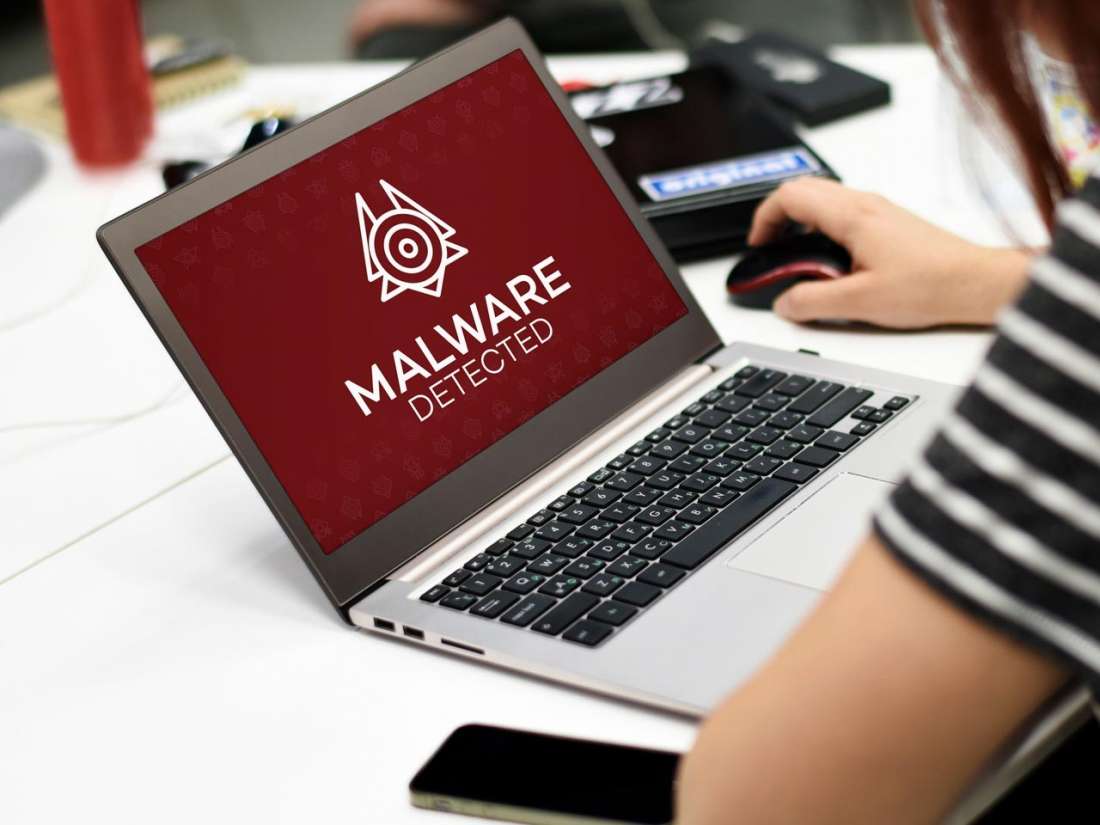10 tell-tale signs of infection
Does your computer talk to you? You can’t use the Internet? Have your files disappeared? You might be infected…
Users are often advised to use an antivirus to check if their systems are infected, but with the current cyber-crime scenario, this is simply not enough. Frequently, it takes a least a basic grasp of security issues to work out if a computer is infected, and many first-time users have little or no idea. While many of today’s threats are designed specifically to go undetected, there are still some tell-tale signs that a system has been compromised.
PandaLabs, Panda Security’s anti-malware laboratory, has produced a simple guide to the 10 most common symptoms of infection, to help all users find out if their systems are at risk:
The 10 most common symptoms of infection
- My computer speaks to me: There are all types of pop-ups and messages on the desktop either advertising things, saying that the PC is infected and needs protection… This is a typical, surefire case of an infection. There is either spyware on the computer, or it has been infected by a fake antivirus (also called “rogueware”).
- My computer is running extremely slowly… This could be a symptom of many things, including infection by a virus. If it has been infected by a virus, worm or Trojan, among other things, which are running on the computer, they could be running tasks that consume a lot of resources, making the system run more slowly than usual.
- Applications won’t start. How many times have you tried to run an application from the start menu or desktop and nothing happens? Sometimes another program might even run. As in the previous case, this could be another type of problem, but at the very least it’s a symptom that tells you that something is wrong.
- I cannot connect to the Internet or it runs very slowly. Loss of Internet communication is another common symptom of infection, although it could also be due to a problem with your service provider or router. You might also have a connection that runs much more slowly than usual. If you have been infected, the malware could be connecting to a URL or opening separate connection sessions, thereby reducing your available bandwidth or making it practically impossible to use the Internet.
- When I connect to the Internet, all types of windows open or the browser displays pages I have not requested. This is another certain sign of infection. Many threats are designed to redirect traffic to certain websites against the user’s will, and can even spoof Web pages, making you think you are on a legitimate site when really you have been taken to a malicious imitation.
- Where have my files gone? Hopefully nobody will be asking this type of question, although there are still some threats around designed to delete or encrypt information, to move documents from one place to another… If you find yourself in this situation, you really ought to start worrying…
- Oh, oh… My antivirus has disappeared, my firewall is disabled… Another typical characteristic of many threats is that they disable security systems (antivirus, firewall, etc.) installed on computers. Perhaps if one thing shuts down it might just be a specific software failure; but if all your security components are disabled, you are almost certainly infected.
- My computer is speaking a strange language. If the language of certain applications changes, the screen appears back-to-front, strange insects start ‘eating’ the desktop… you might just have an infected system.
- Library files for running games, programs, etc. have disappeared from my computer. Once again, this could be a sign of infection, although it could also be down to incomplete or incorrect installation of programs.
- My computer has gone mad… literally. If the computer starts acting on its own, you suddenly find your system has been sending emails without your knowledge, Internet sessions or applications open sporadically on their own… your system could be compromised by malware.
In all of the above scenarios, and if you have the slightest suspicion you are infected, PandaLabs advises you to look for alternative security applications to the ones you have installed (if you have any). You don’t need to uninstall them, you can simply use a free tool to desinfect your PC as Panda Cloud Cleaner, or install an antivirus that is compatible with other engines, such as Panda Antivirus, which is also free.
One thing is sure, getting a second opinion on the health of your PC could save your data, your privacy and in many cases, your money.
